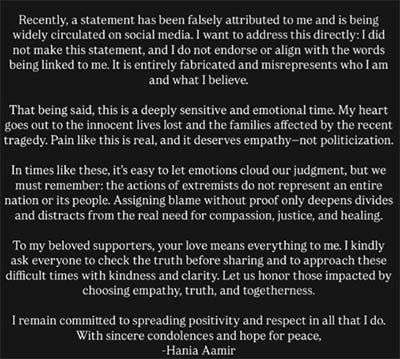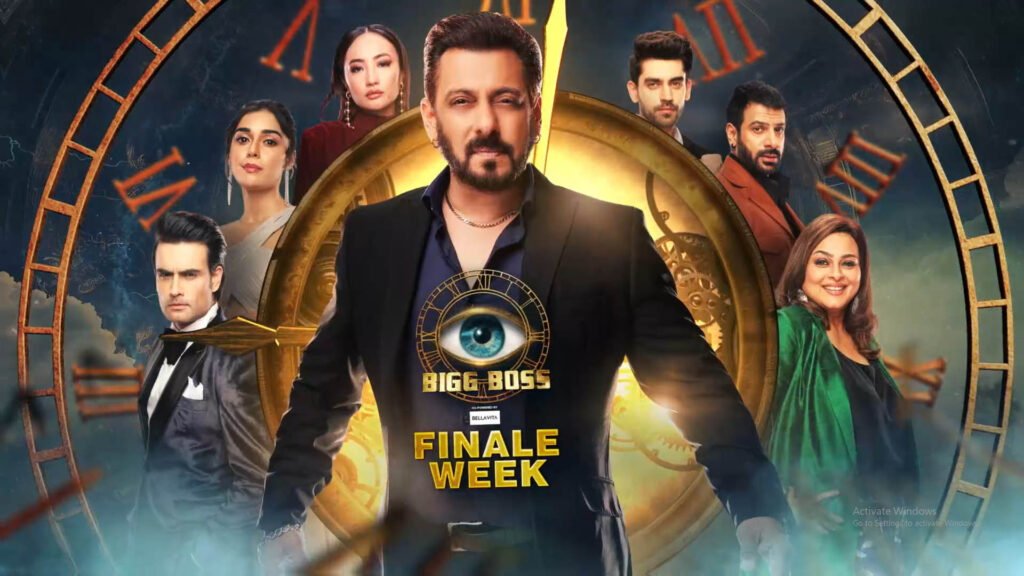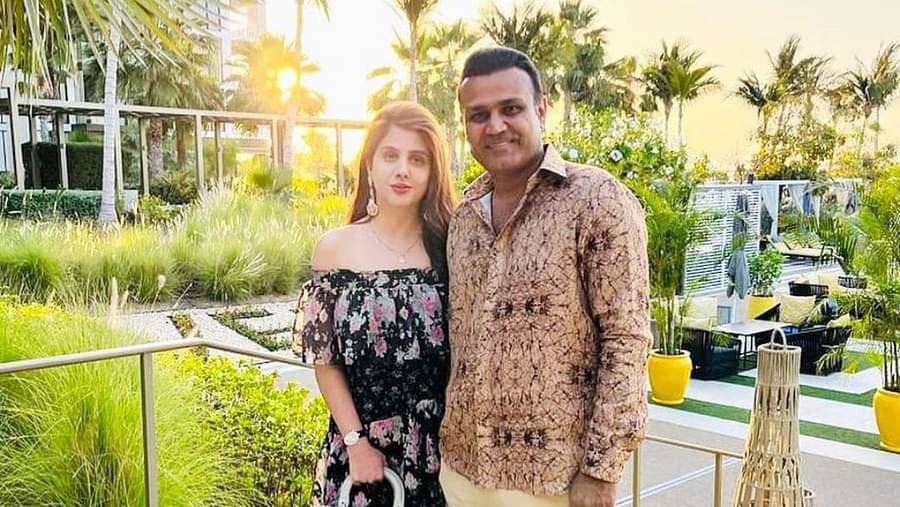Pakistani actress Hania Aamir has finally come out after a fake social media post she made accusing the Pakistan Army of being behind the April 22 terror attack in Pahalgam, Jammu & Kashmir, went viral. Since many people believed the “Mujhe Pyaar Hua Tha” actor was truly saying it, the phony comment generated a lot of controversy online.
Hania Aamir Responds to Fake Post About Pahalgam Terror Attack
“It’s Fake. I Never Said That,” She said.
Taking to her official Instagram story, Hania Aamir made a heartfelt clarification. She wrote:

“Recently, a statement has been falsely attributed to me and widely circulated on social media. I want to be clear: I did not make any such statement. I do not support or promote these words that have been wrongly attributed to me. This is all a fabrication.”
The viral post falsely claimed that Hania was holding the Pakistani army and Islamist militants responsible for the deadly Pahalgam attack, which killed 25 Indian tourists and a local Kashmiri. It also falsely alleged that she was going to appeal to Indian Prime Minister Narendra Modi to lift online restrictions on Pakistani celebrities.
Clarifying the Context Behind the Fake Post
The fake post read something along the lines of:
“Due to General Asim Munir’s actions in Kashmir, the Pakistani entertainment industry has been banned in India… The Pakistani army and Islamist militants are behind the Pahalgam terror attack… Please take action against the army and militants, not ordinary Pakistanis.”
This post was quickly picked up by social media users and widely shared — even though it came from an impersonator account. The tone and details led many to believe it was genuinely written by Hania herself.
In reality, Hania’s official social media handles have faced restrictions in India since the April 22 attack, which was reportedly carried out by Pakistan-based Lashkar-e-Taiba terrorists. Still, the fake post found its way across platforms, gaining traction among both Indian and Pakistani audiences.
A Call for Compassion and Fact-Checking
In her statement, Hania urged her followers to be cautious when consuming and sharing content online.

“This is a very sensitive and emotional time. My heart aches for the innocent lives lost and the families affected by these tragic events. We must approach this pain with compassion, not politicise it,” she said.
She continued:
“Emotions can cloud our judgment, but we must remember that the actions of extremists or terrorists do not represent an entire country or its citizens. Blaming without evidence only deepens division and distracts from the real need for compassion, justice, and healing.”
Hania concluded her message by reminding everyone of the power of truth and empathy in difficult times.
“To my dear followers, your love means everything to me. I urge everyone to verify facts before sharing anything. In these difficult times, let’s choose kindness, transparency, and unity. Let’s honour those affected and spread positivity.”
What Happened After the Attack?
Following the Pahalgam attack, India responded strongly. Authorities took several punitive actions against Pakistan, including:
- Cancelling visas for Pakistani nationals
- Downgrading diplomatic relations
- Suspending the Indus Waters Treaty
- Blocking 16 Pakistani YouTube channels
- Restricting Instagram accounts of popular actors like Hania, Mahira Khan, and Ali Zafar
These actions were aimed at curbing cross-border influence and cracking down on propaganda after the terror incident.

Why This Matters
In the era of social media, false information can proliferate more quickly than accurate information. The incident with Hania Aamir serves as a clear reminder of how easily false information may turn into a public dispute. It also emphasizes the importance of practicing responsible digital citizenship, which includes verifying information before sharing it, particularly during emotionally charged situations.
In addition to clearing her identity, her composed and caring answer may serve as a much-needed model for how to respond to false material on the internet with dignity and moral rectitude.
You May Read:
Trump Running Again in 2028? Know About Legal and Political Challenges


